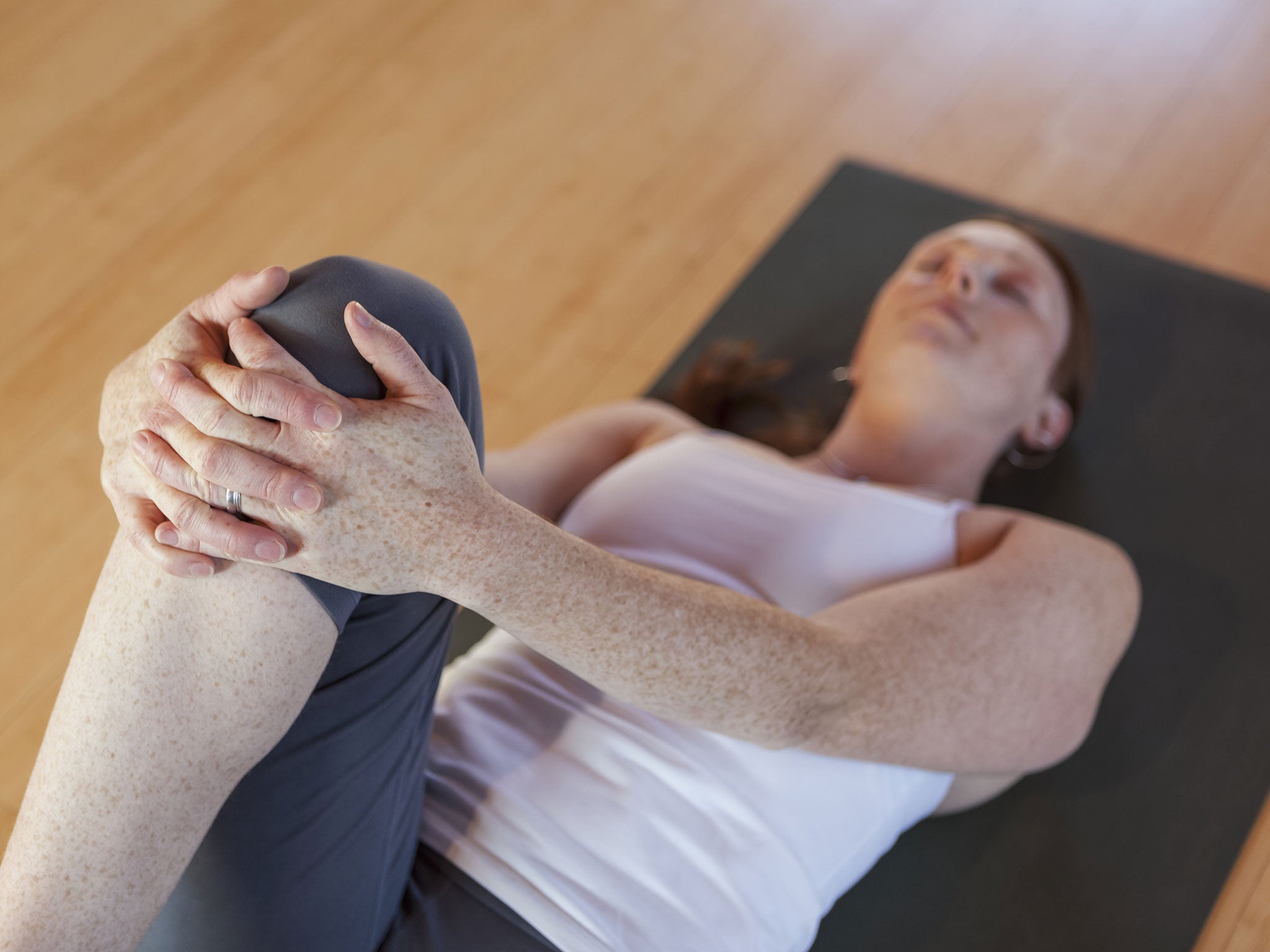Exercising during cancer: 'Stop telling patients to slow down' charity says
Over 331,000 people are diagnosed with cancer in the UK each year

Telling cancer patients to “take it easy” may cause them to miss out on the benefits of exercise, a charity has warned.
By advising those diagnosed with the disease to stop being active, family and friends - who have a crucial role in supporting patients - could be unwittingly doing more harm than good, according to the charity Macmillion.
Evidence shows that physical activity offers significant benefits during recovery and can stop the disease from progressing or recurring, the charity said.
Exercise can help battle fatigue, depression and heart damage.
Among the evidence is a 2010 review of studies by the American College of Sports Medicine which focused on breast, prostaet, bowel, gynaecologic, leukaemias and lymphomas. Researchers found that the same level of activity for the general population was still suitable for many cancer patients, according to Cancer Research UK.
In general, doctors recommend the public to carry out 30 minutes of moderate exercise 5 times a week. For example, completing the recommended level of activity can cut a breast cancer patient's risk of dying and seeing the disease return by 40 per cent.
However, both Macmillan and Cancer Research UK stress that each patient is different and they should check with doctors before starting any type of exercise.
But the findings highlighted that family and friends may misunderstand the disease, as they are more likely to tell a patient to rest than to do more exercise according to a survey of 1,011 people living with cancer by YouGov for Macmillan.
And despite the positive effects, quarter of people living with cancer had not done any physical activity that raised their heart rate for seven days prior to taking the poll; and a fifth did not feel condifent about increasing their level of activity.
On top of this, the poll found that around 60 per cent of people living with the disease reported that having family and friends accompany them would help them become more physically active.
It also showed that this was more effective than cheap gym membership and advice on fitting physical activity into daily life.
Ailsa Tims, 50, from London said that physical activity helped her return to fitness after she was diagnosed with breast cancer.
"It’s been a decade long recovery because of complications, but without my husband, Simon’s encouragement, it would have been even longer. He bought us bicycles and we’ve had great fun out cycling and spending days out walking. My friends also got me into running.”
Professor Jane Maher, Joint Chief Medical Officer at Macmillan Cancer Support and leading clinical oncologist said she would advise her own patients to become active at "any stage" of their treatment, whether they are being treated or recovering.
She stressed that every patient is different, but that a "few exercises or walking a few more steps each day can make a big difference to people with cancer."
"The evidence is there and we simply can’t ignore it. Being physically active could very well save your life – and this is the message we should be getting out to people affected by this horrible disease."
Macmillan Cancer Support has developed a Move More support pack, and a physical activity scheme designed to help people with cancer become active to a level that is right for them. The charity has also developed a ‘Get Active, Feel Good’ exercise DVD tailored to people living with cancer:
The charity’s website emphasises that patients must ensure they stay safe when exercising, as chemotherapy increases the risk of infection. Therefore, gyms and swimming pools should be avoided, and long-term treatment effects such as nerve damage must also be considered.
Aerobic exercise, such as walking or dancing; resistance such as lifting small weights; yoga and stretching; as well as pilates can help, according to the charity.
Join our commenting forum
Join thought-provoking conversations, follow other Independent readers and see their replies
Comments